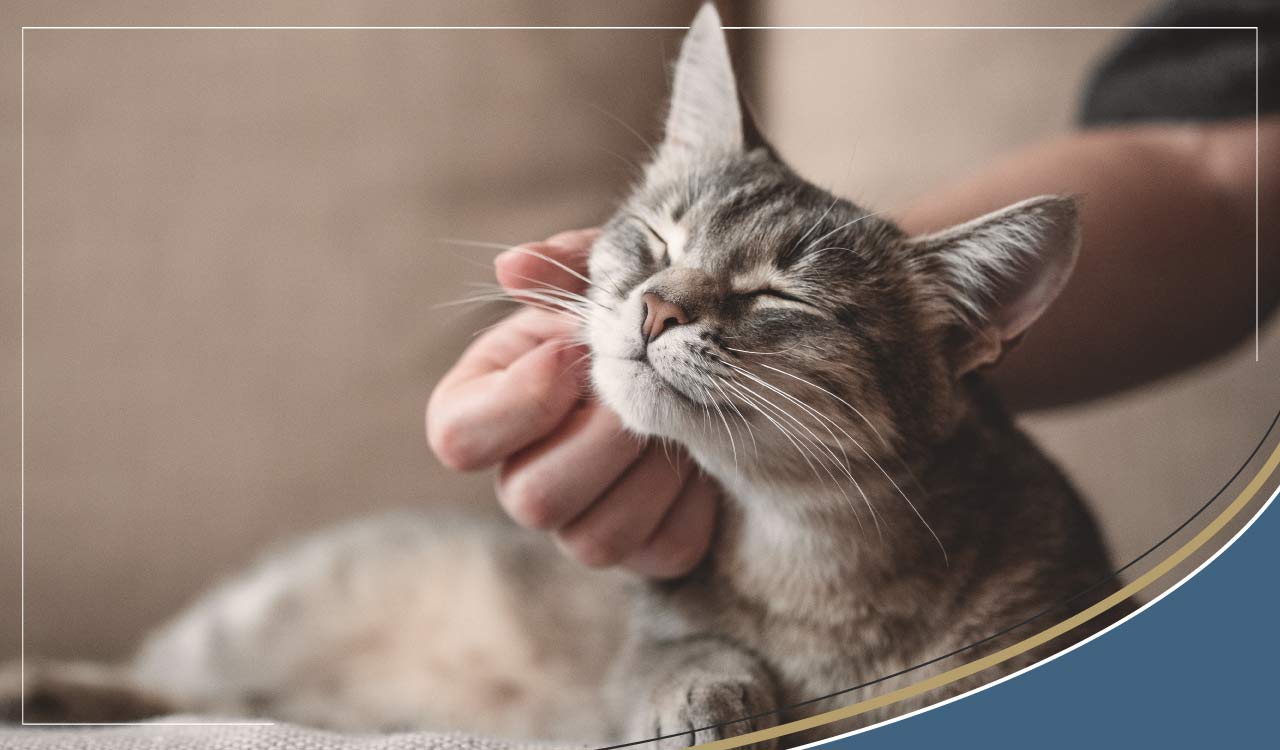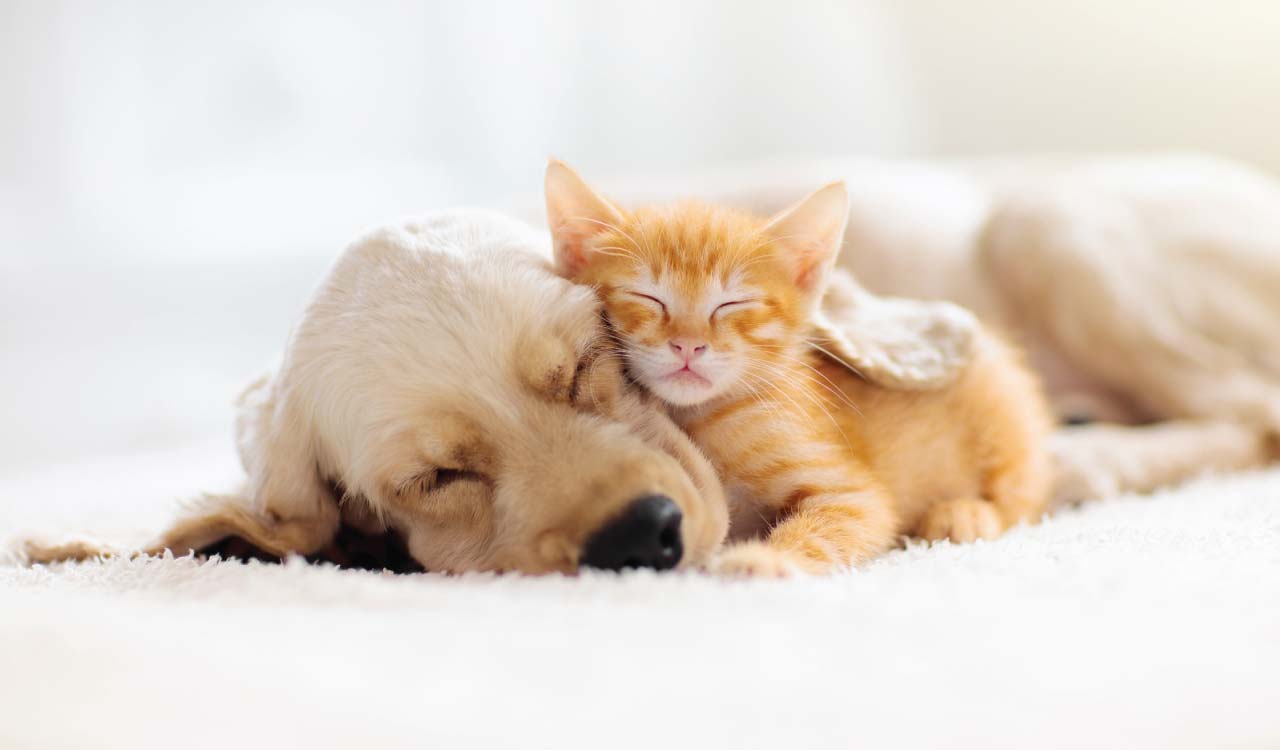Feline Lower Urinary Tract Disease. Symptoms & Treatment

Feline Lower Urinary Tract Disease (FLUTD) is an umbrella term for a range of conditions affecting the bladder and/or urethra of cats. It is also sometimes referred to as FUS (Feline Urological Syndrome). The symptoms of the various conditions and disorders that are referred to as FLUTD are often very similar, so it can be difficult or even impossible to determine the exact cause of FLUTD. When no obvious underlying cause can be identified the condition is referred to as Feline Idiopathic Cystitis or FIC.
Prevalence
FLUTD can affect any cat, regardless of age, gender or breed. However, it appears to be more common in cats that are:
- Overweight
- Neutered
- Get little exercise
- House cats (cats who rarely/never go outside)
- Eat only dry cat foods
Causes
There are a variety of conditions that can be the root cause of FLUTD:
- Bacterial Infection
- Bladder stones
- Urethral Plug (a blockage of the urethra in male cats)
- Damage to the urethra or bladder
- Cancer (though this is rare)
- Idiopathic cystitis (where no cause can be identified)
Some studies indicate that up to 60-70% of cases of FLUTD are idiopathic (arises spontaneously, with unknown causes).
Symptoms
Cats and kittens with Feline Lower Urinary Tract Disease can exhibit a range of symptoms:
- Pain or difficulty when urinating
- Urinating more frequently
- Blood in the urine
- Over grooming of the perineum
- Urinating outside of the litter box or in unusual/inappropriate places
- Inability to urinate (if your cat or kitten is straining but failing to urinate it is vital to get them to the veterinarian as soon as possible as this indicates a life-threatening blockage of the urethra)
Treatment
Treatment depends on the underlying cause of FLUTD. For example, where the cause is a bacterial infection, you may want to consider using DMannose Pet which is effective in clearing E. coli related UTI, particularly if antibiotics are failing. And, of course, if your cat is exhibiting any of the symptoms listed above it is best to see your veterinarian to identify the cause, if possible.
Antibiotic use in Veterinary Surgeries
Your veterinarian may be conservative with the use of antibiotics and we need to understand why...
Despite scientists saying that resistance to this last-resort antibiotic is likely to be spreading from farm animals to humans, it still remains completely legal in the UK and in most EU countries to routinely feed Colistin/Polymyxin E, (an antibiotic approved in the late 1950s for the treatment of infections) to large groups of intensively farmed animals, even when no disease has been diagnosed in any of the animals. We need the government, the European Commission and regulatory bodies like the Veterinary Medicines Directorate to respond urgently. The routine preventative use in farming of colistin, and all antibiotics important in human medicine, needs to be banned immediately.
Coilin Nunan, Scientific Adviser to the SoilAssociation.org
 Fast DPD Ireland Delivery - 1-5 Working Days
Fast DPD Ireland Delivery - 1-5 Working Days
 Support 0818 110 792 - 20+ Years Expertise
Support 0818 110 792 - 20+ Years Expertise
 Read Thousands of Independent Reviews
Read Thousands of Independent Reviews














